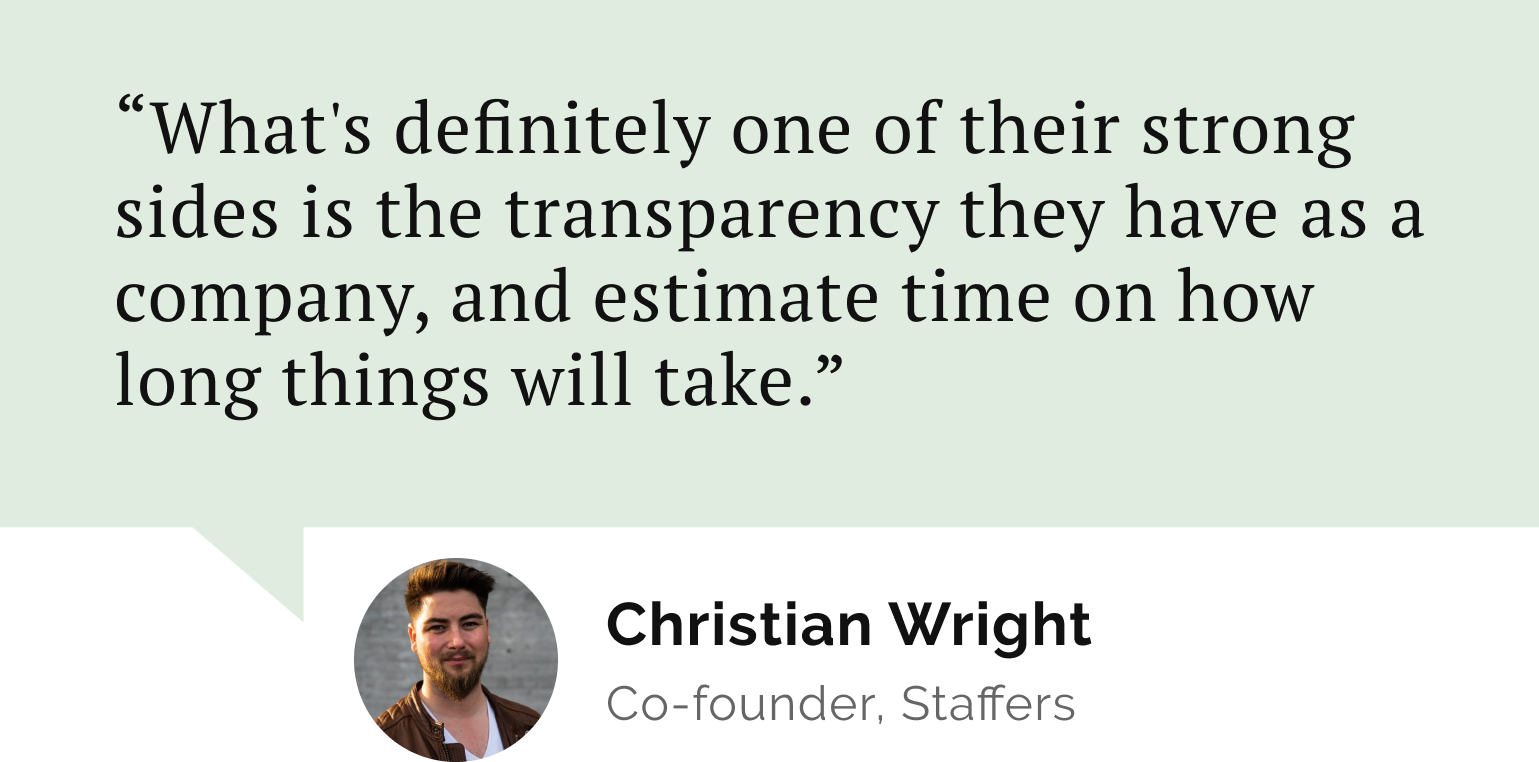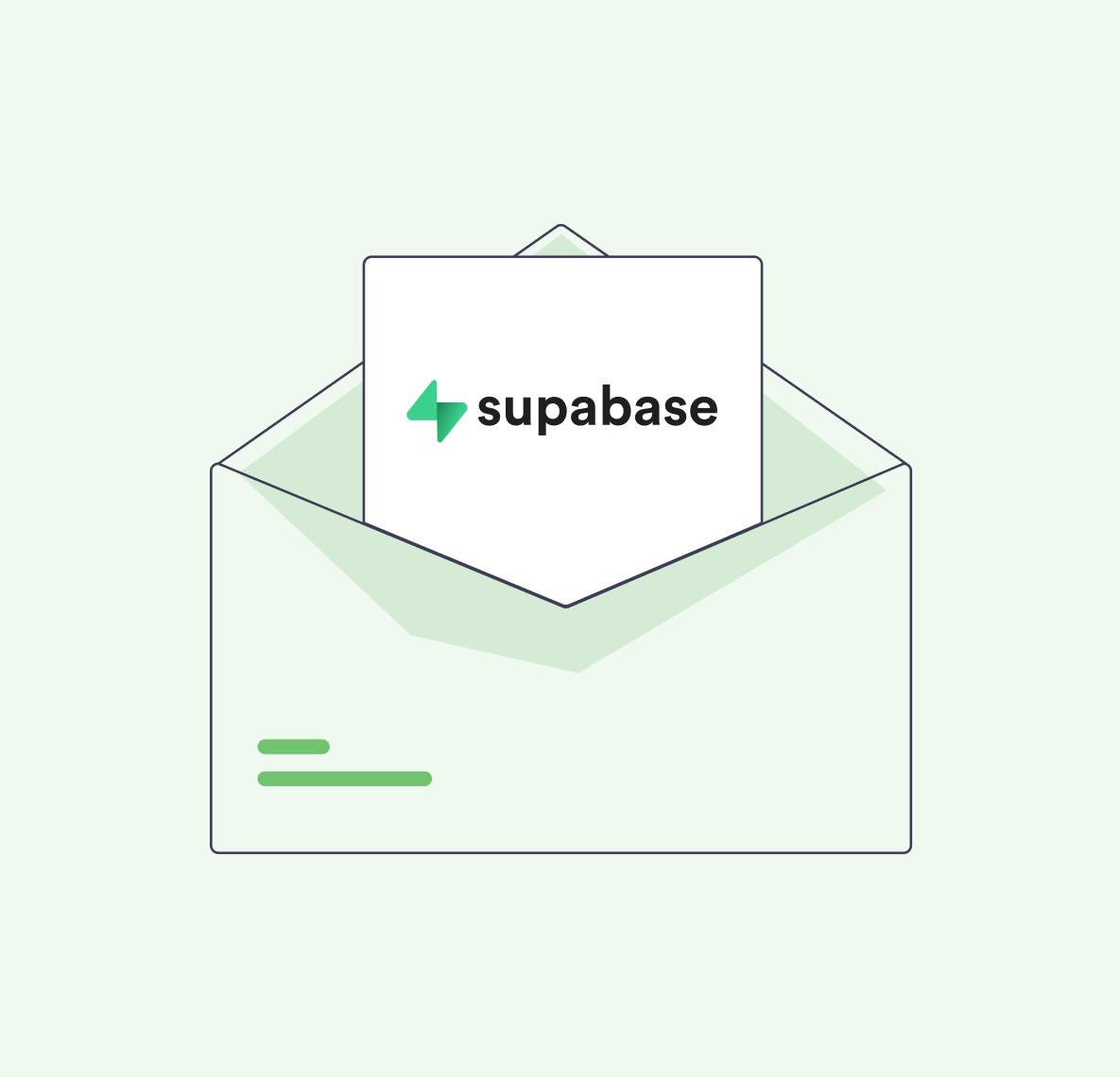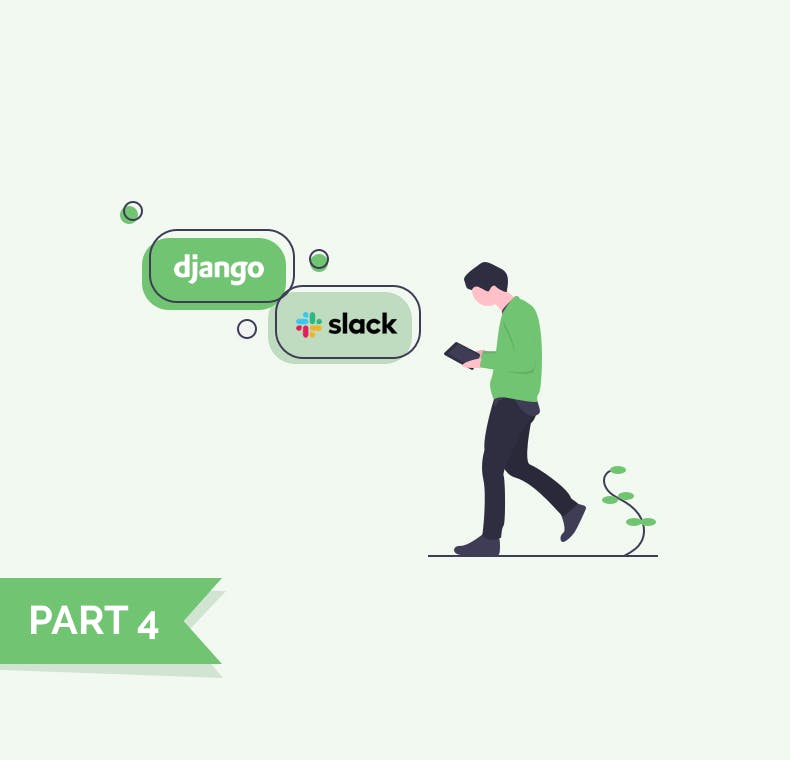04 June 2024
by

Tran Manh Hung
Organizing My First Hackathon: Lessons Learned
Supabase
Slack
Life

I recently organized my first hackathon at my company, aimed at helping colleagues learn new things and create lasting memories 😊. Since it was my first attempt, I wanted to keep it internal. Here's how it went, what I learned, and some thoughts for anyone planning a similar event.
Setting the Scene
In my company, I organized a hackathon with the primary goal of learning and making memories. Since it was the first time, I kept it internal to ensure a comfortable environment for everyone. At the beginning, I had everyone write documentation to have a plan instead of diving straight into coding, which often leads to many rewrites. This approach also helped them appreciate the roles of project managers and product owners. I paired everyone into teams of two and had them try duo programming (navigator and driver) to get comfortable. Eventually, I let them work as they preferred, allowing creativity and collaboration to flourish.
Scheduling Challenges
Choosing a date for more than ten people seemed impossible. After using Doodle to test different dates, we finally selected May 31. However, many people still couldn’t attend, and some canceled at the last minute. During the event, several participants had to leave early or didn’t stay until the end. I understand everyone has personal commitments, but I’m curious if there are ways to motivate attendees to stay for the entire event. Perhaps offering incentives or creating a more engaging agenda could help.

Do you need a reliable partner in tech for your next project?
The Importance of Support
Having a supportive CEO and HR made planning much easier. Before the event, I had many things to handle, like arranging food and coordinating schedules. Since the hackathon was on a Friday, I needed to request vacation time or coverage for project hours for everyone. Thankfully, our HR took care of all the food and drinks, allowing me to focus on other things. The CEO also gave everyone free paid time for Friday, which was fantastic. In other companies, employees usually need to take vacation days for such events, which wasn’t the case here. This support was crucial in making the event a success.
Preparation Time
I underestimated the time needed to set up projects and get them running locally. For some teams, this took half a day, which felt like wasted time. Next time, I could prepare templates that are fully functional and set up cloud architecture so teams can focus on coding. However, this was also a great learning opportunity for some to create a new project from scratch. Despite this, I consider this a mistake on my part and a valuable lesson learned.
Considering Allergens and Preferences
When ordering food or prizes, it’s important to know attendees’ allergens and preferences. For example, we had craft beer and special sweets as prizes, but some people might not drink alcohol or have diabetes. We prepared alternative gifts, like non-alcoholic beer, to show that we care about everyone’s needs. This might seem sentimental, but I think it’s important to show consideration and inclusivity.
Team Composition
It’s usually better to create random teams, regardless of experience levels. Whether it’s two juniors, two seniors, or a mix, the results were always great. Colleagues who don’t normally work together got the chance to collaborate, which was a big plus. This approach fostered new connections and teamwork skills that might not have developed otherwise.
Final Thoughts
This article might sound like PR, but I wrote it right after the event, fueled by adrenaline and caffeine, so it’s a bit "raw" 😅. If you’re planning a similar event, I’d highly recommend it. As a developer, this was a valuable experience. It’s a great way to learn, build memories, and foster a sense of community within the company.
I’d love to hear others’ opinions, thoughts, and if they have similar plans! Let’s keep the conversation going! 🚀
Additional Reflections and Tips
Reflecting on the event, I realized a few more points that might be helpful for others. First, it's crucial to have a clear agenda and communicate it effectively to all participants. This helps set expectations and keeps everyone on track. Second, having a dedicated space for the event, free from regular work distractions, can enhance focus and productivity. Lastly, gathering feedback from participants afterward can provide valuable insights for future improvements.
Organizing a hackathon is a lot of work, but seeing the enthusiasm and collaboration that it fosters is incredibly rewarding. If you’re considering organizing one, go for it! And don't hesitate to ask for help from your colleagues, especially those in HR and management, as their support can make a significant difference.
Looking forward to hearing about your experiences and tips for organizing successful hackathons! 😊
Let’s stay connected
Do you want the latest and greatest from our blog straight to your inbox? Chuck us your email address and get informed.
You can unsubscribe any time. For more details, review our privacy policy
Related posts

25 March 2024
Creating an email workflow for local Supabase development
Supabase
React
React Email
Docker
